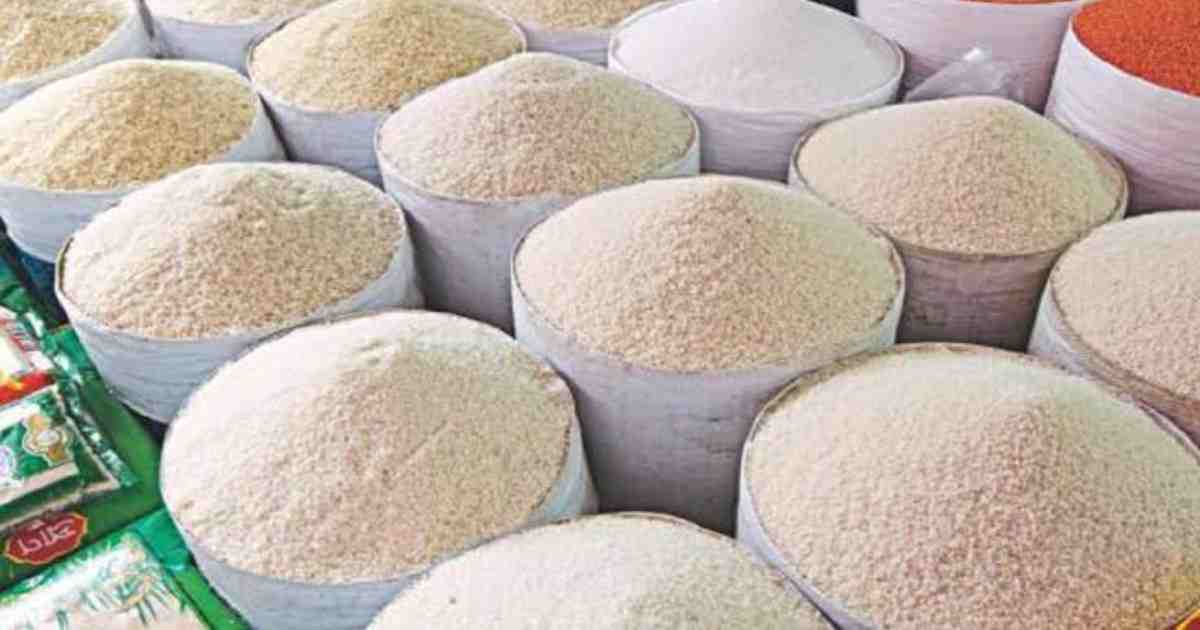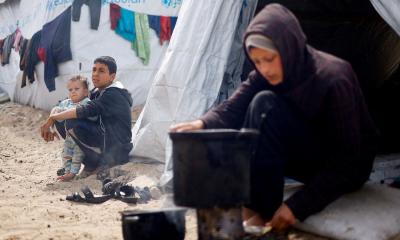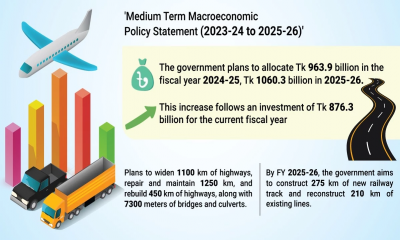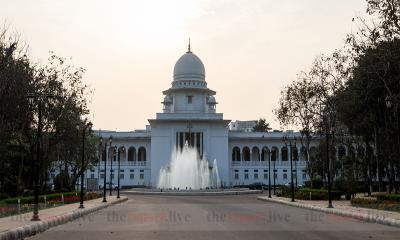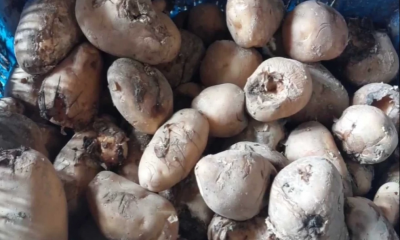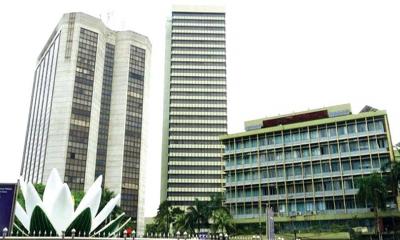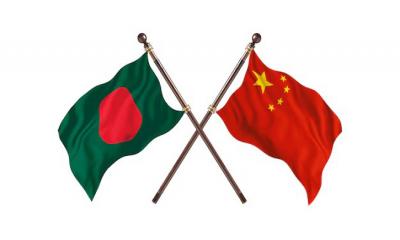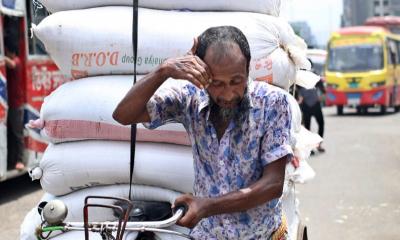India, the world’s biggest rice shipper, is considering banning exports of most varieties, a move that may send already lofty global prices higher as the disruptive El Niño weather pattern returns.
The government is discussing a plan to ban exports of all non-Basmati rice, according to people familiar with the matter. That’s because of rising domestic prices and authorities want to avoid the risk of more inflation, said the people, who asked not to be identified as the information is not public.
The motive behind this proposal, according to these insiders who requested anonymity due to the confidentiality of the information, is to mitigate the risk of heightened inflation ahead of upcoming elections.
India`s decision to ban rice exports will have a significant impact, affecting approximately 80% of India`s rice exports. While this move may potentially lower domestic prices, it carries the risk of causing global costs to surge even higher.
Rice stands as a crucial staple for approximately half of the global population, with Asia alone accounting for about 90% of the world`s rice consumption.
Concerns over the return of the El Niño weather phenomenon have already driven benchmark prices to a two-year high, heightening fears of potential crop damage and exacerbating the upward trajectory of prices in the global rice market.
India, a dominant player in the global rice trade, holds a substantial share of approximately 40%. In recent times, the country has taken measures to strengthen control over the trade of certain rice varieties. Notably, India implemented a ban on the export of broken rice in 2022.
Also , a 20% duty was imposed on shipments of white and brown rice, in response to the surge in food staple prices, triggered by Russia`s invasion of Ukraine, impacting commodities such as wheat and corn. Furthermore, India has imposed limitations on exports of wheat and sugar, indicating a concerted effort to regulate the trade of these essential food commodities.
Representatives for the food, trade and finance ministries didn’t respond to emails or text messages seeking comment.
Importers such as Indonesia, China and the Philippines have been aggressively stockpiling rice this year. El Niño conditions have developed in the tropical Pacific for the first time in seven years, according to the World Meteorological Organization, threatening to bring drought to many rice-growing regions. A potential ban by India will add to worries over supply.
India’s plan comes after its consumer price inflation quickened in June, mainly due to higher food prices. Bloomberg Economics expects inflation to rebound further with the latest surge in tomato prices — a key ingredient in Indian cuisine — and an increase in the government’s support price for monsoon-sown crops.


